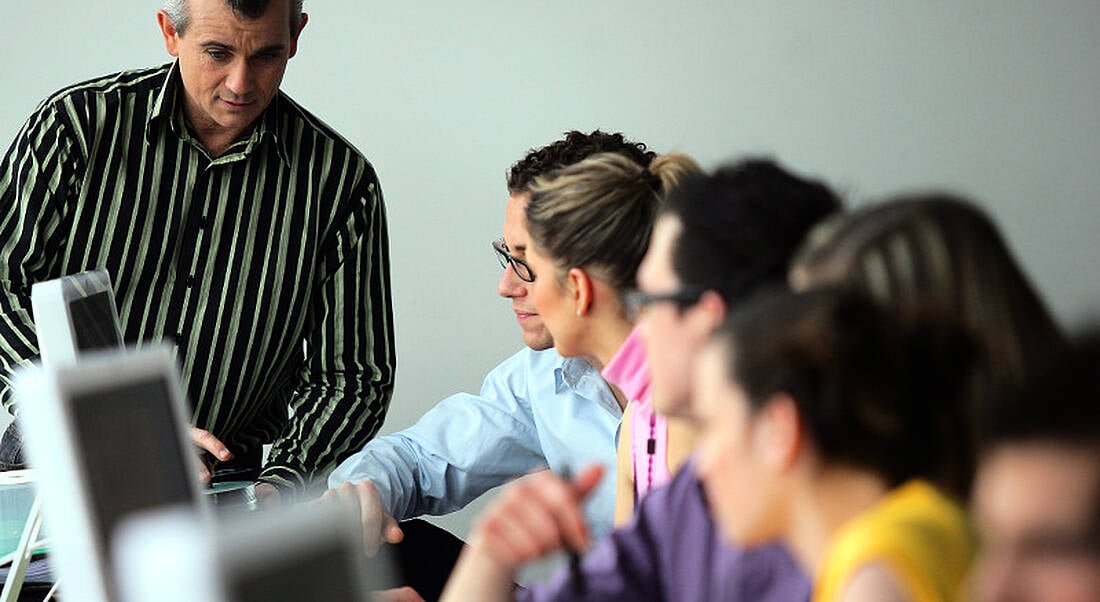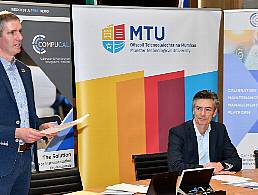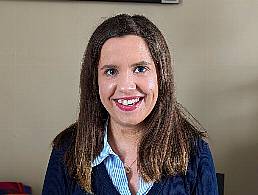Senior-cycle students from Mulroy College, Milford, got a glimpse of the business world this month, when Pramerica opened the doors of its Letterkenny facility to give them insight into career opportunities in the IT and financial services industries.
The visit was part of the Schools’ Business Partnership’s ‘Skills @ Work’ programme, which gives students from 200 schools around the country the opportunity to learn about workplace skills from employees at local businesses. The programme, managed by Business in the Community Ireland, was designed to encourage students to stay in school.
“We’re delighted to welcome students from Mulroy College to our campus,” said Martin Davies, a lead specialist platform engineer at Pramerica.
“This is a great way for them to make the connection between education and future opportunity. It exposes them to career possibilities, opens their eyes to what various jobs entail and gives them educational goals,”
In addition to the workplace visit, the Skills @ Work programme provides CV workshops, ‘A Day in the Life’ talks, mock interviews, company overviews and advice on interview skill techniques.
Mulroy College, Milford students in Pramerica for the Schools’ Business Partnership Skills @ Work programme.
Some 25,000 students have participated in the programme to date. For them, unsurprisingly, visits to companies like Pramerica remain the highlight. The visits allow students to see skills learned throughout the programme used in real-life settings.
Predominant among these are workplace etiquette and professional behaviour – major adjustments for those moving from education to a professional position.
“The Pramerica tour really brought what the students have learned to life. The employees went to significant effort to make the experience as informative and enjoyable as possible,” said Catherine Crawford, a careers guidance teacher at Mulroy College.
A number of prominent IT and tech industry firms – Pramerica, AOL, IBM and Siemens, among others – have signed up as partners to the programme, a move that could feasibly grow the Irish pool of STEM hires.
With Ireland fast becoming the technology hub of Europe, an increase in STEM-qualified graduates can only be a good thing.
Teacher image, via Shutterstock




